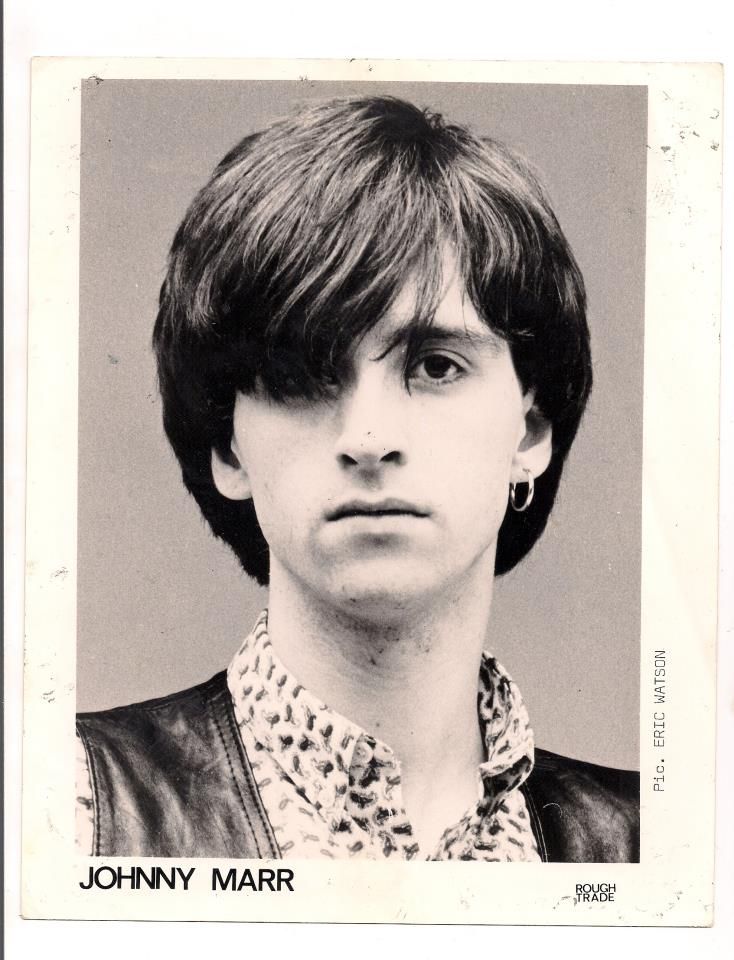Earlier this year, Tom Ewing published what I consider the definitive “So Your Fave Has Been Cancelled” report – vividly describing the way we can rationalize and ignore unacceptable behavior, and finally the idea that a conscientious listener can opt for a song or artist to be “put beyond use.” I’m not so arrogant to think that my personal acceptance or refusal of a “problematic” artist makes much of a difference either way, but pop is more than music – actions and statements can certainly sap an artist’s work of its emotional valence. As a result, for the last several years I’ve found myself uninterested in listening to the music of Morrissey.
Morrissey sucks now, and there’s a convincing argument that he always sucked and some of us (including me, obviously) couldn’t acknowledge what was staring us in the face all along. We (I) had too much invested in what he had given us – a shelter from the storm of adolescence and reassurance that we were special, different, not-like-everyone-else-but-in-a-good-way – and if we admitted to ourselves that he was a racist and always had been, what did that say about us? The Morrissey-emotional complex was too big to fail, and we kept bailing him out.
In retrospect, he was The Snowman of bigotry – he gave us all the clues. The opening lines of “Miserable Lie,” the third song on the Smiths’ self-titled 1984 debut LP are almost laughably direct. “So goodbye/please stay with your own kind/and I’ll stay with mine.” Given the context of the song, it’s unlikely this is intended as a direct reference to racial separation, but it points to a foundational theme of his life and artistic philosophy; a closing-off, a separation that the singer will insist is unchosen, forced upon oneself by the callous indifference of the outside world, but is of course deliberate and necessary.
This outlook is unsurprising and forgivable in a certain teenage mindset, freshly aware and sensitive to the hypocrisies that make the world go round. So many of us found solace in those lyrics and the pose that accompanied them, and even as we outgrew them, gratitude and nostalgia lingered. But Morrissey was already 25 in 1984, and in the ensuing years, he has shown no inclination to broaden his horizons or conceive of a human perspective other than his own. His disastrous 2013 memoir revealed a man consumed by petty grievances nursed over decades. It’s hard to sympathize with someone so unwilling to extend others the same courtesy, but there is a grandiose sadness in someone who has brought so much pleasure to so many, seemingly unable to extract any enjoyment from life.

And it’s a shame, because the song is a banger, partially for reasons unrelated to the singer. The Smiths were a unique variant on the British archetype of the preening vocalist and sulky, taciturn guitarist – they opted to cram both stereotypes into one frontman, leaving Johnny Marr to quietly get on with things. Marr is truly the mirror image of his erstwhile partner; feted at the time but always somewhat in the shadow of the singer, he followed up the Smiths’ 1988 flame-out with a series of support stints in bands ranging from the Pretenders to Talking Heads to The The, seemingly happy just to sit in with artists he admired. When he suddenly joined Modest Mouse in 2006, it was simultaneously surprising and completely in character. He’s aged into a reliable elder statesman. Perhaps the only flaw in his legend is that his own solo LPs never seem to capture the spark of greatness he’s been adjacent to for 40 years.
Marr brings a melancholy chime to the first verse of “Miserable Lie,” then the band’s underrated rhythm section provides a driving lope for the next section. I still remember the first time I heard this song as a teenager, and the singer’s completely unexpected pivot to a strange, bleating falsetto halfway through. This was something different – my heroes of the last several years, Bowie, Lou Reed, et al, would never squeak “I need advice!” over and over again. It was uncomfortable and relatable – I didn’t know anything about Whalley Range, where the singer was apparently exiled to a rented room, but I could imagine and commiserate.
Much of my music listening over the subsequent 20+ years stems from that moment in the car in the mid-90s with a freshly-bought CD, hearing a lonely, confused Mancunian ask for advice. I’m grateful that I found better counsel and superior role models. I don’t know what I owe Morrissey for opening a door that indirectly led me to the Fall, the Stone Roses, New Order and the entire Factory Records universe, but I consider the debt paid. I still need advice, but I’ll get it somewhere else.